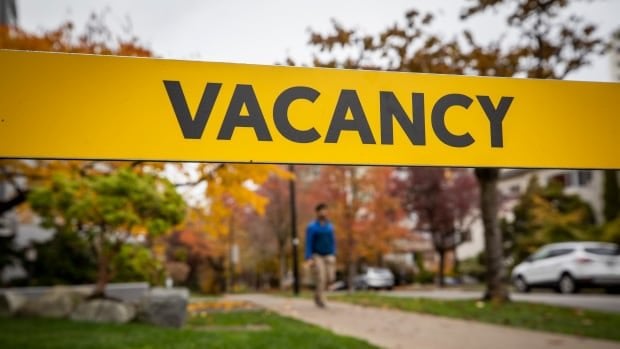
TL;DR: Government is not going to help with the rental crunch because they profit off of increasing rent.
Disclaimer: Data points that are my assumption or calculation and not backed by a reliable source are indicated with an asterisk*
I have been looking into the dumpster fire that is the housing/rental market in Canada recently, but the same observations probably apply to other jurisdictions. Just for reference, rent for new tenants increased by more than 18% since last year. There have been calls to the government to help, but while there were some questionable initiatives to support first time home buyers, there was very little in terms of protection for renters.
I always brushed off the government's inaction to help workers that are paying rent due to politicians involvement with real estate investors, political donations, and plain old self interest as many of them are landlords themselves. But there is another reason in plain sight that I just didn't consider before: government revenue.
Rental income is taxed as income for the landlord in Canada, basically turning real estate into a double cash cow for the government (in the widest sense – municipal, provincial and federal). Because now they don't just get the property tax, but also the income tax on rent paid. And that sums up to a fair chunk of change. I could not find much in terms of applicable numbers, so take this estimate with a grain of salt:
4.4M rental units in Canada
$2,140 median rent (2022 numbers, both from Stats Canada), that's $112B* in rent paid per year.
I cannot find the proportion of individual 'investors' vs. institutional landlords in Canada, but for this calculation we'll just assume 50%* individual landlords, based on US data. Now there are a lot of deductions that landlords can claim: interest on the mortgage, Capital Cost, and other expenses. But if we estimate that even just a 1/3* of the rental income is reported as income tax, at a very conservative rate of 25%* average income tax, that still leaves the Canadian government with income tax revenue from individual landlords to the amount of
$4.68B/year*.
If this estimate is correct, it is more than 1% of the total Canadian tax revenue. And that amount is only increasing the more people are squeezed out of ownership.
The messed up part is that it is in the government's interest to make the situation worse, because that means more tax revenue for them, no controversial tax increases needed.
